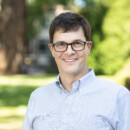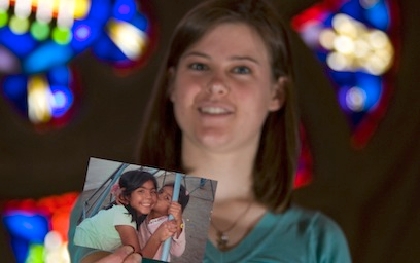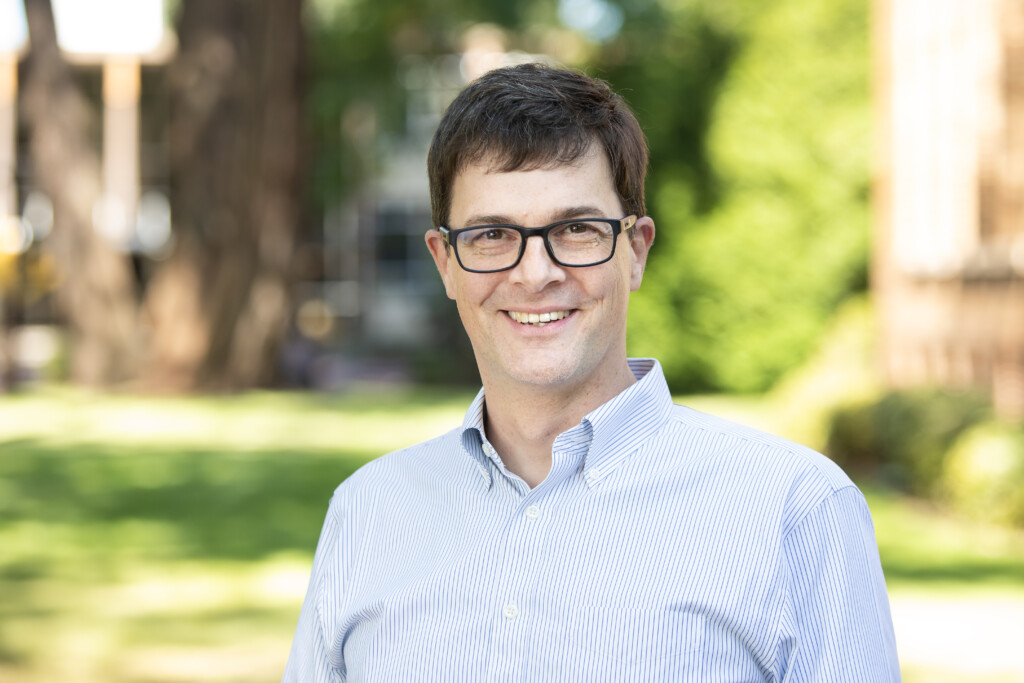Page 28 • (513 results in 0.029 seconds)
-

interconnections between religious faith and social justice, human ethics and environmental concerns, scientific data and moral commitments. He is the author of the forthcoming book The Violence of Climate Change: Lessons of Resistance from Nonviolent Activists (Georgetown 2017). Students can use gCal to sign up for office hour appointments with this link.
-

interconnections between religious faith and social justice, human ethics and environmental concerns, scientific data and moral commitments. He is the author of the forthcoming book The Violence of Climate Change: Lessons of Resistance from Nonviolent Activists (Georgetown 2017). Students can use gCal to sign up for office hour appointments with this link.
-
Gen Ed transition info for students who arrived before Fall 2022As a student who began at PLU prior to Fall 2022, you will not be required to complete the new requirements. You will continue with the previous GenEd requirements, as reflected on your CAPP report in Banner. However, students who arrived prior to Fall 2022 have the option of waiving one of four requirements in the old core: Christian Traditions (RC)* Global Religious Traditions (RG) Natural Science, Computer Science, or
-

June 4, 2009 Living a life of faith focused through service to others FOR KATIE BRAY, going to church and being part of a religious community – namely, St. Mark’s Lutheran Church in her hometown of Spokane, Wash. – has always been an integral part of her life. Spirituality is fed from faith – a faith in God. For Bray, that hasn’t changed. How did PLU make Katie Bray re-think the way she expresses her spirituality? However, her time at PLU has made her re-think the way she defines and expresses
-

live sports show.” “It is a brand-new show,” Tootell said. “We are still trying to figure out what works and what doesn’t work, but it is a great learning experience.” The interactive weekly show covers local Montana sports that have been overlooked by other broadcasts in the area, Tootell said, including the University of Montana and prep-school teams. The show also will touch on national sports and discussions based on listener input. Tootell, a Communications and Religious Studies graduate, was
-
diverse areas of life. The major intersects with questions such as: How can humans gain knowledge about their world? What is the ethical treatment of research animals? When should a nation go to war and is it ever justified? Philosophers ask about the nature of the human person. Are there moral, aesthetic, and religious values that can be adopted rationally and used to guide our decisions? Philosophy majors have gone on to practice law, study science, or enter the world of business or
-

interconnections between religious faith and social justice, human ethics and environmental concerns, scientific data and moral commitments. He is the author of the forthcoming book The Violence of Climate Change: Lessons of Resistance from Nonviolent Activists (Georgetown 2017). Students can use gCal to sign up for office hour appointments with this link.
-

or negatively by more conservative societies. In some cases there were laws against innovation, particularly religious innovation, because creatively exploring existing religious traditions felt threatening or revolutionary. It’s really only been in the last 75 years or so that innovation has been largely viewed as positive within society. Generally speaking, how do students enter your classes thinking about innovation, and how do you and your colleagues in the innovation studies program look to
-
. Finally, my students are free. The asceticism of teaching entails respecting their freedom.While respecting the freedom of my students is prior to all else in teaching humanities, there still is much that I do to invite them into the space where the power of the humanities resides. I introduce them to the field of American religious history in the most engaging way possible, letting them see my own fascination with it. l show them issues; require them to translate material from one frame of reference
-
in its romanized form, likely a Ballantine Press print standardization, but one that nonetheless caters to the English language’s Latin alphabet. By writing in English, Kamal speaks to women like Alys who might not read Urdu but need to see themselves represented in literature. If Kamal writes about the boundaries language and society set for individuals, especially women, and particularly women in Pakistan, Kamal’s linguistic pluralism precedes Alys’s social barrier crossings. As Kamal traverses
Do you have any feedback for us? If so, feel free to use our Feedback Form.


